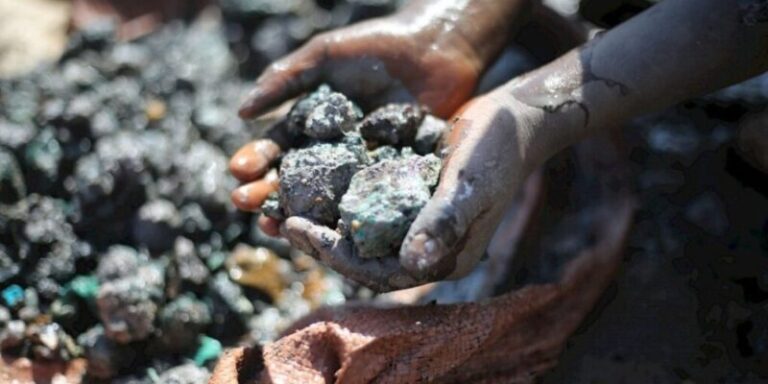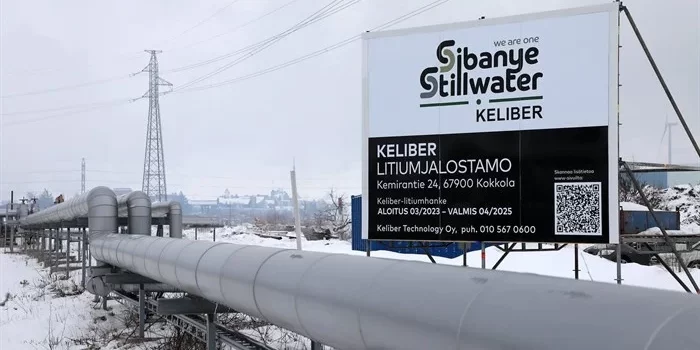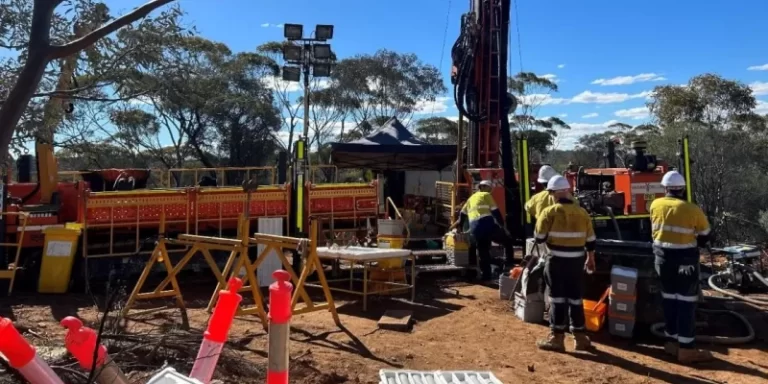
Africa will not accept being merely a supplier of raw materials to the world, according to the African Union’s Trade Commissioner, Albert Muchanga.
He emphasized that Africa seeks genuine and mutually beneficial relationships with its trade partners. The invitation of the AU’s chair to the G7 summit in Japan highlights the intensifying competition between China and Western powers for Africa’s natural resources.
In preparation for the summit, several African countries have received visits from leaders such as France, Germany, and the US vice-president, while Japan’s Prime Minister Fumio Kishida visited Egypt, Ghana, Kenya, and Mozambique to strengthen African support in countering Chinese and Russian influence on the continent.
During a speech in Maputo on May 4, Prime Minister Kishida attributed high food and energy prices in many Global South countries to Russia’s invasion of Ukraine. Muchanga welcomed the acknowledgment of Africa’s challenges, attributing the multidimensional problems to the disruptions caused by the Covid-19 pandemic.
Muchanga emphasized Africa’s desire to move away from being solely a provider of raw materials. With a growing population demanding decent job opportunities, Africa aims to enhance its economic value by developing skills in manufacturing and agro-processing.
He cited the joint project between the Democratic Republic of Congo (DRC) and Zambia, focused on battery production for electric vehicles, as an example of Africa maximizing the value of its natural resources.
The United States is striving to strengthen its trade ties with Africa in its efforts to address climate change. Vice-President Kamala Harris highlighted a mineral processing facility in Tanzania supported by US financing, emphasizing the local processing of raw minerals for electric vehicle batteries.
Meanwhile, China’s trade relationship with Africa reached a record $282 billion in 2022, exceeding US-Africa trade by nearly four times.
However, Florizelle Liser of the Corporate Council on Africa noted that more manufactured and value-added products are exported to the US, and Africans appreciate the transparency and technology transfer offered by American companies.
Concerns have been raised about the lack of transparency in China’s trade relations with Africa. Outgoing World Bank President David Malpass expressed apprehension regarding the long-term implications of Chinese loans, calling for greater transparency in international financial support.
While China denies using debt as a political leverage, concerns have been raised about hidden clauses in trade agreements. Muchanga stressed the importance of transparency and clarity in trade relations, urging all parties to be fully aware of the terms before signing deals.
To enhance its negotiating power, Africa is working on the African Continental Free Trade Area (AfCFTA), aimed at eliminating trade barriers and promoting intracontinental trade.
Muchanga envisions AfCFTA evolving into an African Customs Union, which would enable African Union members to negotiate trade terms collectively, similar to the European Union.
Muchanga believes that the AU’s invitation to the G7 summit recognizes Africa’s systemic influence on the global economy. He emphasizes the importance of Africa speaking with a unified voice on global economic matters.





